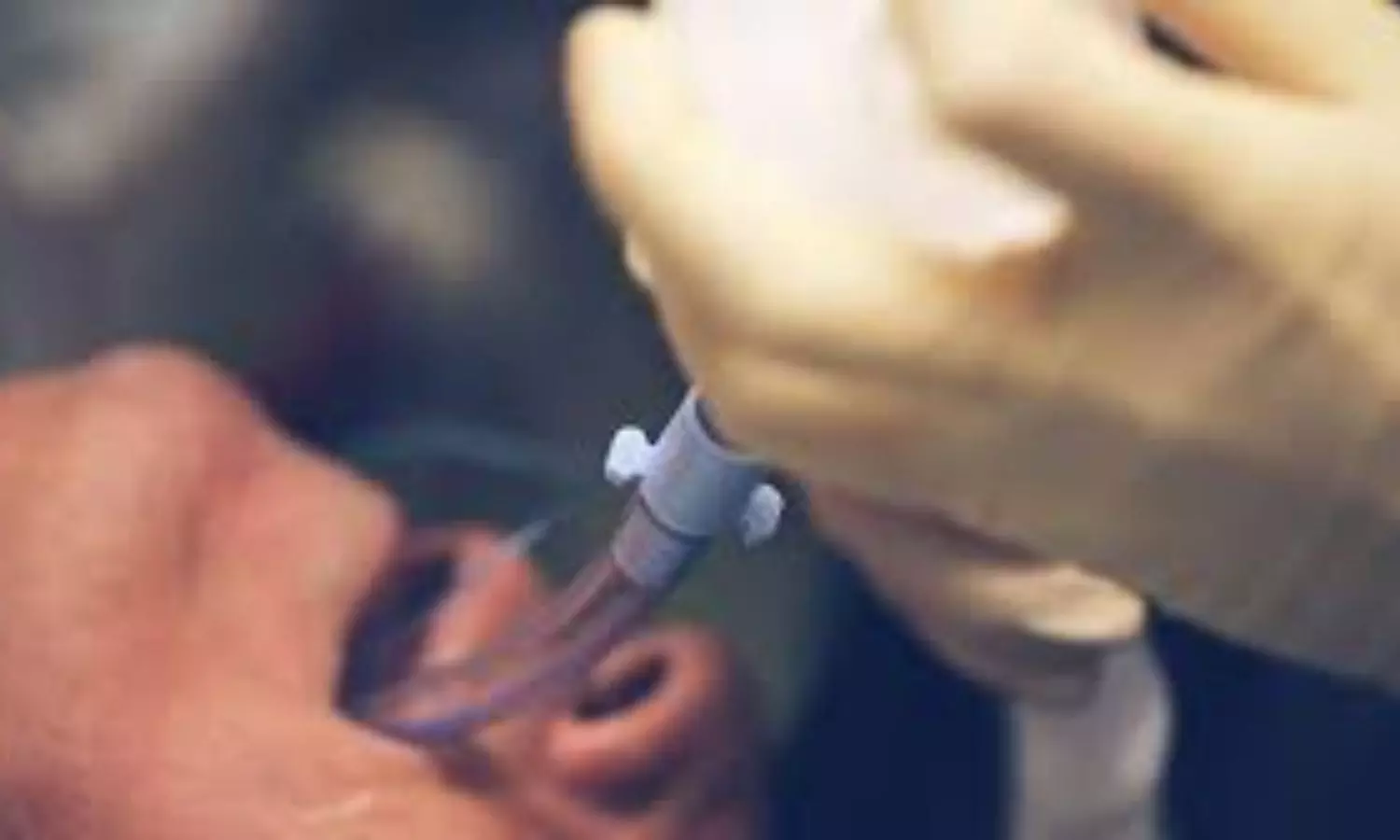- Home
- Medical news & Guidelines
- Anesthesiology
- Cardiology and CTVS
- Critical Care
- Dentistry
- Dermatology
- Diabetes and Endocrinology
- ENT
- Gastroenterology
- Medicine
- Nephrology
- Neurology
- Obstretics-Gynaecology
- Oncology
- Ophthalmology
- Orthopaedics
- Pediatrics-Neonatology
- Psychiatry
- Pulmonology
- Radiology
- Surgery
- Urology
- Laboratory Medicine
- Diet
- Nursing
- Paramedical
- Physiotherapy
- Health news
- AYUSH
- State News
- Andaman and Nicobar Islands
- Andhra Pradesh
- Arunachal Pradesh
- Assam
- Bihar
- Chandigarh
- Chattisgarh
- Dadra and Nagar Haveli
- Daman and Diu
- Delhi
- Goa
- Gujarat
- Haryana
- Himachal Pradesh
- Jammu & Kashmir
- Jharkhand
- Karnataka
- Kerala
- Ladakh
- Lakshadweep
- Madhya Pradesh
- Maharashtra
- Manipur
- Meghalaya
- Mizoram
- Nagaland
- Odisha
- Puducherry
- Punjab
- Rajasthan
- Sikkim
- Tamil Nadu
- Telangana
- Tripura
- Uttar Pradesh
- Uttrakhand
- West Bengal
- Medical Education
- Industry
Men Have Higher Risk of Extubation Failure compared to females in ICU Setting

In a recent study published in the Annals of Intensive Care uncovered a significant difference in the risk of extubation failure between male and female patients in intensive care setting.
This post hoc analysis of a large-scale clinical trial focused on patients at high risk of extubation failure in intensive care units (ICUs) and explored potential gender-related variations in prognosis. After examining data from 641 patients, this study found that 66% were males and 34% females. Also, males were more likely to be admitted for cardiac arrest and to have underlying ischemic heart disease, while females were more commonly admitted for coma and exhibited a higher risk of obesity.
The results indicated a significant disparity in the rate of reintubation at 48 hours post-extubation, with males experiencing a higher rate compared to females (11.0% vs. 6.0%). But, by day 7, while the difference persisted, it did not reach statistical significance (16.7% vs. 11.1%). Further analysis revealed that male sex was independently associated with a higher risk of reintubation within the crucial 7 days following extubation (adjusted odds ratio 1.70).
This analysis focused on a specific subset of patients at high risk of extubation failure and brought attention to the nuanced relationship between gender and critical care outcomes. When considered independently, the findings play a significant role in predicting the likelihood of reintubation, even after adjusting for various factors such as reason for admission, body-mass index, severity score, respiratory rate before extubation, and noninvasive ventilation after extubation.
Source:
Thille, A. W., Boissier, F., Coudroy, R., Le Pape, S., Arrivé, F., Marchasson, L., Frat, J.-P., Ragot, S., Muller, G., Gacouin, A., Decavèle, M., Sonneville, R., Beloncle, F., Girault, C., Dangers, L., Lautrette, A., Cabasson, S., Rouzé, A., … Vivier, E. (2023). Sex difference in the risk of extubation failure in ICUs. In Annals of Intensive Care (Vol. 13, Issue 1). Springer Science and Business Media LLC. https://doi.org/10.1186/s13613-023-01225-7
Neuroscience Masters graduate
Jacinthlyn Sylvia, a Neuroscience Master's graduate from Chennai has worked extensively in deciphering the neurobiology of cognition and motor control in aging. She also has spread-out exposure to Neurosurgery from her Bachelor’s. She is currently involved in active Neuro-Oncology research. She is an upcoming neuroscientist with a fiery passion for writing. Her news cover at Medical Dialogues feature recent discoveries and updates from the healthcare and biomedical research fields. She can be reached at editorial@medicaldialogues.in



